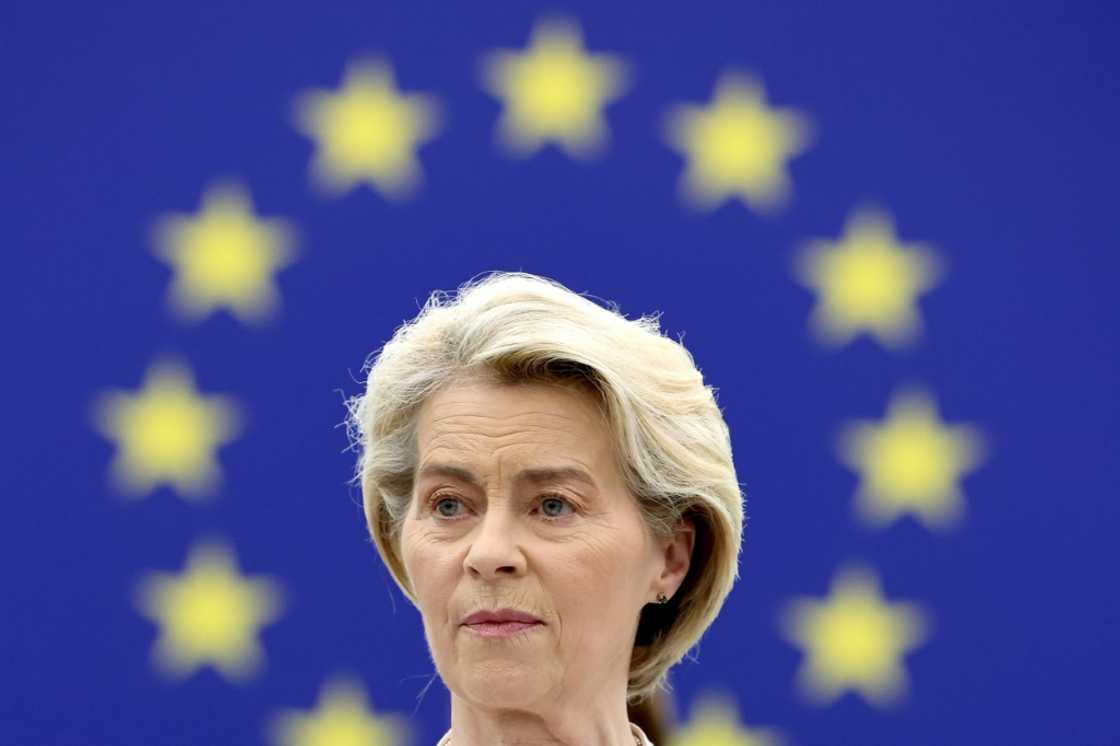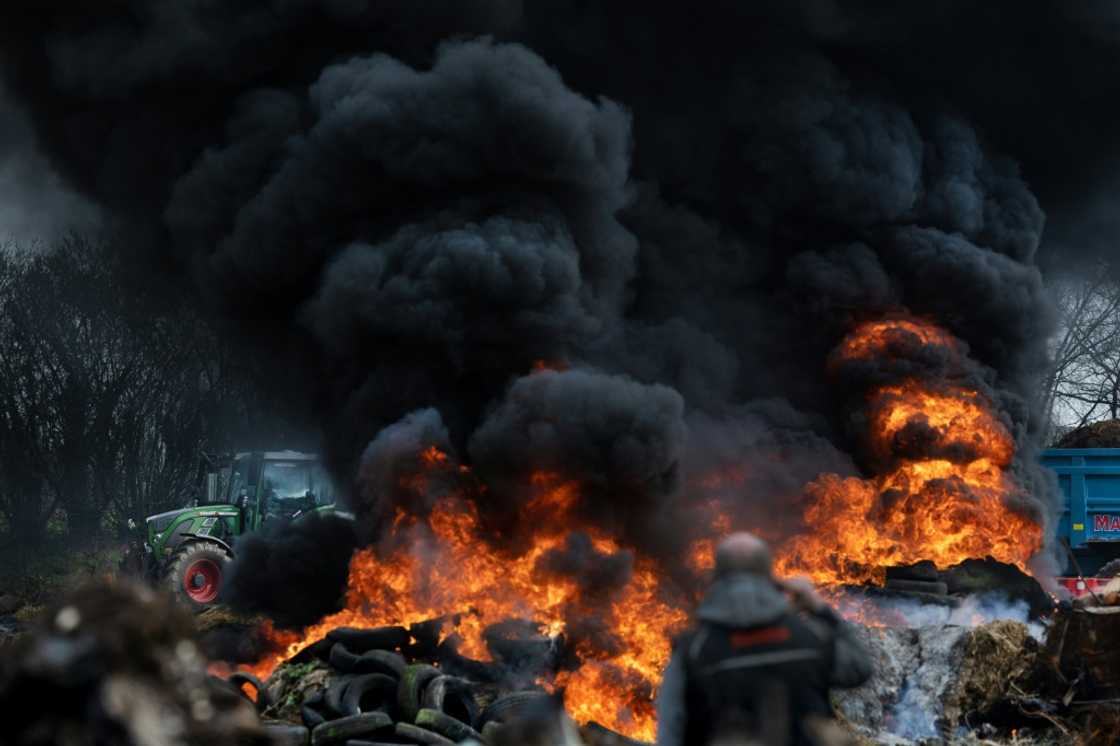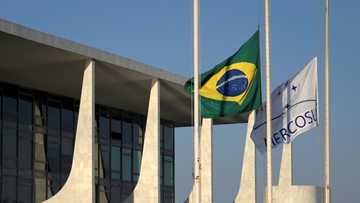Von der Leyen heads to EU-Mercosur summit for trade deal

Source: AFP
European Commission President Ursula von der Leyen announced Thursday her participation at a summit of South America's Mercosur bloc, saying a controversial free-trade deal between the EU and the group was within reach.
"Touchdown in Latin America," she wrote on social media platform X before the meeting in Montevideo. "The finish line of the EU-Mercosur agreement is in sight. Let's work, let's cross it," she added.
Despite strong opposition from France, which criticises the deal's impact on the environment and European farmers, the commission wants to conclude talks started more than 20 years ago with the grouping of Brazil, Argentina, Paraguay and Uruguay.
The draft treaty, under discussion since 1999, aims to eliminate the majority of customs duties between the EU and Mercosur to create a vast market of more than 700 million consumers.
It would be "the largest trade and investment partnership the world has ever seen", von der Leyen wrote en route to Sao Paolo before heading on to the Uruguayan capital.
A political agreement was concluded in June 2019 but never ratified because of the reluctance of several countries, including France. Details have never been revealed.
A large majority of EU member states, led by Germany and Spain, are now pushing to conclude talks as soon as possible.
The deal would allow the EU, which was already Mercosur's leading trade partner, to export cars, machinery and pharmaceutical products more easily.
It would also allow South American countries to sell meat, sugar, rice, honey, soybeans and other products to Europe with fewer restrictions.
In Europe, supporters of the agreement underline the need for outlets for exporters and not to leave the door open to China, a rival with whom trade relations have become increasingly strained.
The need has become all the more pressing with the impending return to the White House of Donald Trump, who is threatening to impose tariffs on European products.
But a number of NGOs and left-wing activists believe that the creation of a vast free-trade zone will accelerate deforestation in the Amazon and worsen the climate crisis by increasing greenhouse gas emissions.
Campaign group Greenpeace called the text "disastrous" for the environment and sacrificing it for "corporate profits".
'The Commission decides'
French President Emmanuel Macron believes the agreement is not acceptable "as it stands". In addition to the Paris climate accord, he wants protection for struggling European farmers who have taken to the streets in recent months.

Source: AFP
Poland's Prime Minister Donald Tusk followed suit at the end of November, stating that he would not accept the project "in this form".
That has prompted questions about whether France will be able to gather enough allies to once again slow down the EU-Mercosur agreement, just as France appears politically weakened after the ouster Wednesday of Michel Barnier as prime minister and with no clear majority in parliament.
"If the French do not want this agreement... they no longer decide anything, it's the European Commission that decides," said Brazil's President Luiz Inacio Lula da Silva, a staunch advocate of the deal.
He is also due to attend the Montevideo summit on Thursday and Friday.
Under European treaties, the commission is the only negotiator of trade agreements on behalf of the 27 member states.
But once a possible deal is signed with Mercosur countries, it will need to be ratified by at least 15 EU members representing 65 percent of the EU population, then by a majority in the European Parliament.
That is far from a given, with Italy, Austria and the Netherlands having expressed reservations.
Italy's agriculture minister, Francesco Lollobrigida, rejected the deal in mid-November, calling for South American farmers to be subject to the same "obligations" as their European counterparts.
"The text is still not satisfactory," an Italian government source told AFP this week.
To prevent its adoption, France has to rally three other countries representing more than 35 percent of the EU population -- a threshold that would be easily crossed with the support of Rome and Warsaw.
Source: AFP




